Two years after pledging not to challenge Donald Trump for the presidential nomination, Nikki Haley, the former South Carolina governor and one-time Trump ally, is now positioning herself as a formidable figure leading the charge against the former president. In recent weeks, Haley has witnessed a surge in support from Trump-skeptical Republicans, drawing in donors and organizers from early voting states. This unexpected turn of events has ignited speculation about her potential to reshape the Republican landscape and challenge Trump’s dominance within the party.

Building Momentum: Haley’s recent rise is marked by a significant increase in support from Trump-skeptical Republicans, particularly in key states like New Hampshire, South Carolina, and Iowa. Former Tim Scott donors are reportedly organizing a fundraiser for her in Manhattan, showcasing a growing coalition of anti-Trump figures within the GOP. The surge in financial backing, including support from donors critical of Trump like Paul Singer’s associates, underscores the momentum behind Haley’s campaign.
Strategic Appeal: Haley’s ability to appeal to a broad spectrum of Republicans, including the Never Trumpers and ‘Maybe Trump’ voters, is a central element of her strategy. She is positioning herself as a candidate capable of uniting the party by addressing both the concerns of the MAGA base and more moderate Republicans. Despite being critical of Trump’s decisions and personality, Haley emphasizes the importance of his presidency, navigating a delicate balance that resonates with voters wary of both extremes.
Challenges and Opportunities: While Haley is gaining ground in polls and fundraising, she still faces significant challenges, with Trump’s influence looming large over the GOP. The party remains divided between those loyal to Trump and those seeking an alternative. The delicate dance between distancing herself from Trump and retaining his voter base is a high-stakes strategy that could define her candidacy. Analysts suggest that Haley’s path to victory is narrow, relying on the consolidation of anti-Trump sentiment within the party.
Media Blitz: Haley’s campaign is gearing up for a media blitz in the run-up to early state contests, with a substantial investment in television, radio, and digital ads. The significant ad reservations, totaling $10 million, indicate a strategic push to solidify her position as a top-tier candidate. This contrasts with her main competitor, Florida Gov. Ron DeSantis, who is facing challenges with anti-Haley ads in Iowa and is seemingly playing catch-up in the media landscape.
Conclusion: As Nikki Haley emerges as a key challenger to Donald Trump in the GOP primary race, her ability to navigate the complex dynamics within the party will be crucial. The surge in support from Trump-skeptical Republicans, coupled with strategic messaging and a robust media campaign, has propelled Haley into the spotlight. Whether she can maintain this momentum, overcome the challenges posed by the Trump loyalists, and emerge as a viable alternative remains to be seen. The upcoming months leading to the early state contests will be pivotal in determining the trajectory of Haley’s campaign and her impact on the broader Republican landscape.




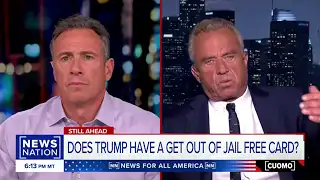
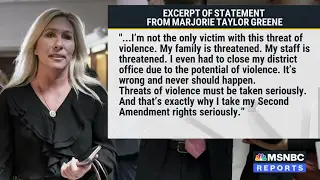
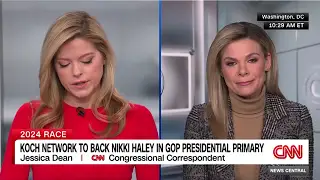
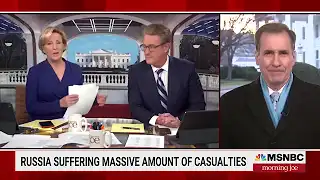
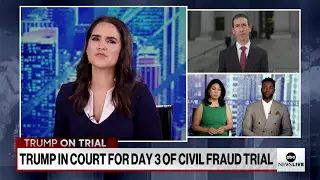


Discussion about this post